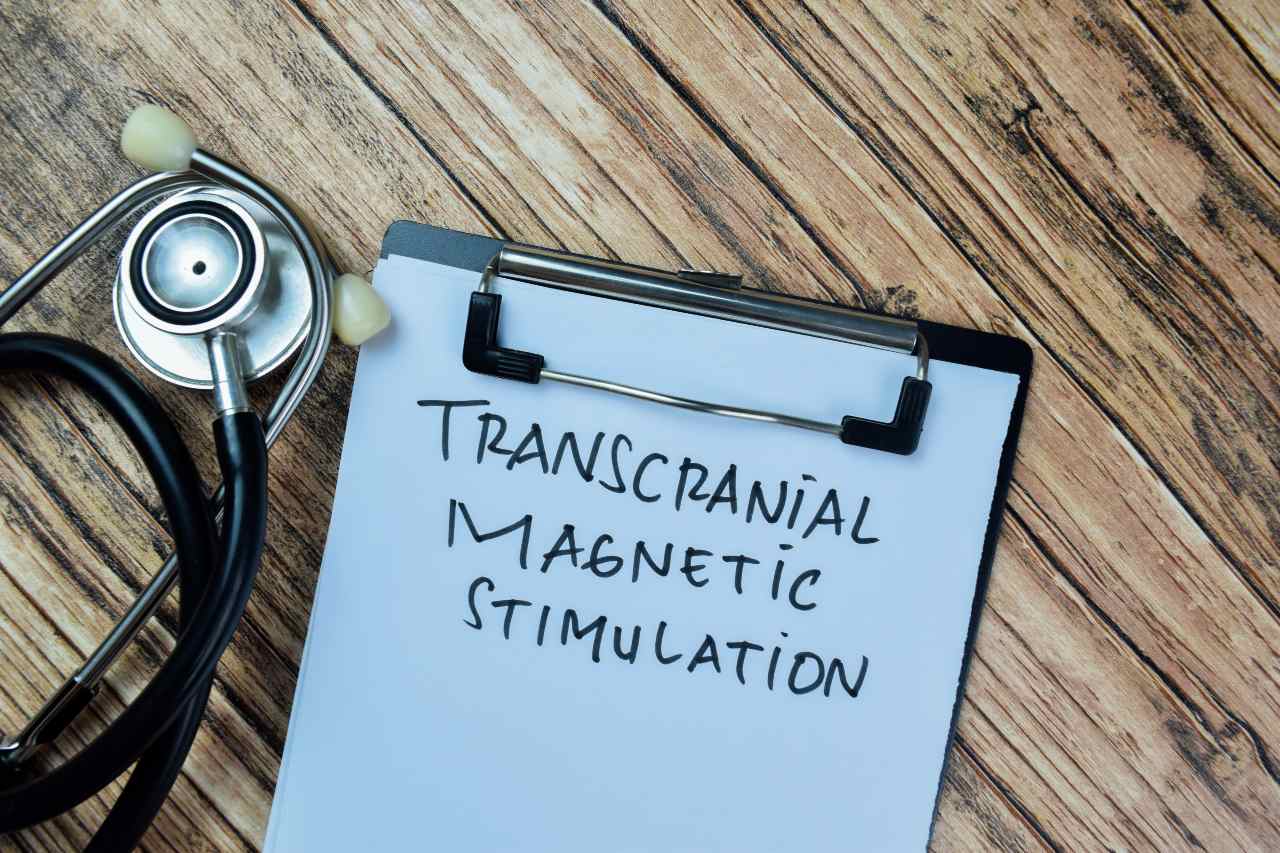Reclaim Your Life: TMS Treatment for Depression
Depression is one of the most misunderstood mental health conditions. Many people casually use the word “depressed” to describe feeling down, stressed, or disappointed. But true depression, especially major depressive disorder (MDD), goes far beyond temporary sadness. It is a medical condition that affects how a person thinks, feels, and functions in daily life. For millions of people, depression feels like being stuck under a heavy cloud that refuses to lift, no matter how hard they try.
Thankfully, treatment options have expanded over the years. While traditional approaches like medication and talk therapy are effective for many, some people continue to struggle. That’s where transcranial magnetic stimulation (TMS) comes in. This revolutionary, FDA-approved treatment offers new hope for people with depression who haven’t found relief with standard methods.
Here at Goolsby and Associates, we know how life-altering depression can be. We also recognize that no two people are alike, and what works for one may not work for the other. We proudly offer expert psychiatric services, including transcranial magnetic stimulation, to Gainesville, GA, and the surrounding area.

What Depression Is—and What It Isn’t
Depression is not the same as a bad mood or having a tough day. Everyone experiences sadness, stress, or grief at times, but those emotions usually ease with time or after circumstances improve. Clinical depression (often referred to as major depressive disorder), however, lingers for weeks, months, or even years. It disrupts sleep, appetite, energy, focus, and the ability to enjoy life.
Major depressive disorder is recognized by symptoms such as:
-
Persistent sadness or emptiness
-
Loss of interest in once-enjoyable activities
-
Fatigue or lack of energy
-
Difficulty concentrating
-
Changes in sleep and appetite
-
Feelings of hopelessness or worthlessness
-
In severe cases, thoughts of self-harm or suicide
Depression is not a sign of weakness or a character flaw. Understanding this distinction is important because it reminds us that depression is treatable and not something people can just “snap out of.”
Traditional Treatments for Depression
For decades, the two main approaches to treating depression have been medication and psychotherapy (talk therapy).
Medication
Antidepressant medications, such as SSRIs (selective serotonin reuptake inhibitors) or SNRIs (serotonin-norepinephrine reuptake inhibitors), are often the first line of treatment. These drugs help regulate neurotransmitters in the brain. These chemicals affect mood. While many people find relief with medication, not everyone responds. Some experience side effects like weight gain, fatigue, or sexual dysfunction, which can make long-term use difficult.
Psychotherapy
Talk therapy, such as cognitive behavioral therapy (CBT), helps people identify negative thought patterns and learn coping strategies. Therapy is highly effective for many, especially when combined with medication. However, it requires time, consistency, and may not fully address depression for those with treatment-resistant cases.
Exercise, healthy eating, social support, and stress management all play important roles in managing depression. Still, for some, even making small lifestyle changes can feel overwhelming in the midst of a depressive episode.
Despite these options, research shows that about one-third of people with depression do not achieve remission with standard treatments. This group often feels stuck, cycling through medications and therapies without significant improvement. That’s where TMS provides a breakthrough.

Why TMS Is Revolutionary
Transcranial magnetic stimulation (TMS) is a noninvasive treatment that uses magnetic pulses to stimulate specific areas of the brain associated with mood regulation, particularly the prefrontal cortex. Unlike medications, which affect the entire brain and body, TMS targets the regions that are underactive in depression.
Here’s why TMS is considered a game-changer:
-
Non-Drug Option
TMS does not involve medication, so patients avoid common side effects like weight gain, fatigue, or digestive issues. -
oninvasive and Painless
There are no needles, anesthesia, or surgery involved. Patients sit comfortably in a chair while a device delivers magnetic pulses through a coil placed against the scalp. Most describe the sensation as a light tapping. -
High Success Rate for Treatment-Resistant Depression
TMS has shown remarkable results for people who haven’t found relief through medication or therapy. Many patients experience noticeable improvement, and some achieve full remission. -
Sustained Benefits
Research indicates that TMS benefits can last long after treatment ends, especially when patients continue with therapy or healthy lifestyle habits. -
FDA Approved and Insurance Coverage
TMS was approved by the U.S. Food and Drug Administration (FDA) in 2008 for treatment-resistant depression. Today, most major insurance companies cover TMS for patients who meet the criteria, making it more accessible than ever.
What a Typical TMS Session Looks Like
TMS treatment sessions at Goolsby and Associates usually take place five days a week over a period of four to six weeks. Each session lasts about 5 to 30 minutes, depending on the individual treatment plan. Because TMS does not require sedation and has little to no side effects, patients can return to work or daily activities immediately afterward. TMS does not cause memory loss or require recovery time.
A patient might notice gradual improvements in mood, energy, and motivation over the course of treatment. For many, TMS feels like finally having a weight lifted, providing a chance to reclaim joy and participate in life again.
We want to note that not only do we provide a traditional treatment schedule for TMS, but we also offer accelerated TMS here at Goolsby and Associates. For those who qualify, these sessions occur in rapid succession throughout a shorter duration of time, making the length of treatment shorter.

Reclaiming Your Life from Depression
Living with major depressive disorder can feel isolating, exhausting, and hopeless. But depression is not the end of the story. Treatments like TMS are giving people new ways to heal when traditional methods fall short.
If you’ve tried multiple antidepressants or therapy sessions without success, TMS may be the missing piece. It is safe, effective, and often covered by insurance, which makes it a realistic option for many people struggling with treatment-resistant depression.
For information on TMS and to schedule an initial consultation to see if TMS is right for you, please reach out to Goolsby and Associates today. No one should have to live under the constant shadow of depression. With TMS, there is hope for brighter days, renewed energy, and a chance to truly reclaim your life.
